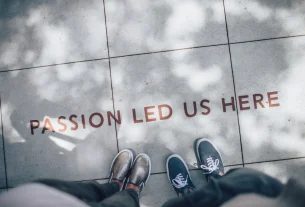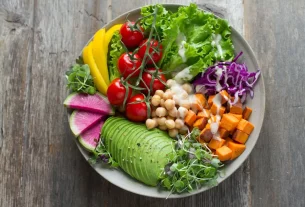Estimated Reading Time: 7 minutes
HHy everyone! It’s a question I get asked a lot: can CBD make you feel high?
In the ever-expanding world of wellness, CBD (cannabidiol) has become a real buzzword, and with that, a whole lot of questions and, frankly, some confusion.
Let’s clear the air, shall we? This isn’t about some generic explanation you can find anywhere.
This is about getting to the heart of things, about understanding what CBD truly is, what it isn’t, and what you can realistically expect.
So, let’s dive in!
First things first: the fundamental difference. The’high’that people often associate with cannabis comes primarily from THC (tetrahydrocannabinol).
THC is the psychoactive compound. CBD, on the other hand, is non-psychoactive. This means it doesn’t produce the same intoxicating effects.
I’ve experimented with CBD in various forms, from oils to edibles, and I can honestly say I haven’t felt’high’in the traditional sense.
To really understand whether can CBD make you feel high, we need to briefly touch on the science.
CBD interacts with the body’s endocannabinoid system (ECS).
This system plays a role in regulating a whole host of functions, including mood, sleep, appetite, and pain sensation.
Instead of directly binding to the receptors in the ECS in the way THC does (primarily CB1 receptors in the brain), CBD indirectly influences the system.
It’s a bit like a conductor rather than a direct player in the orchestra.
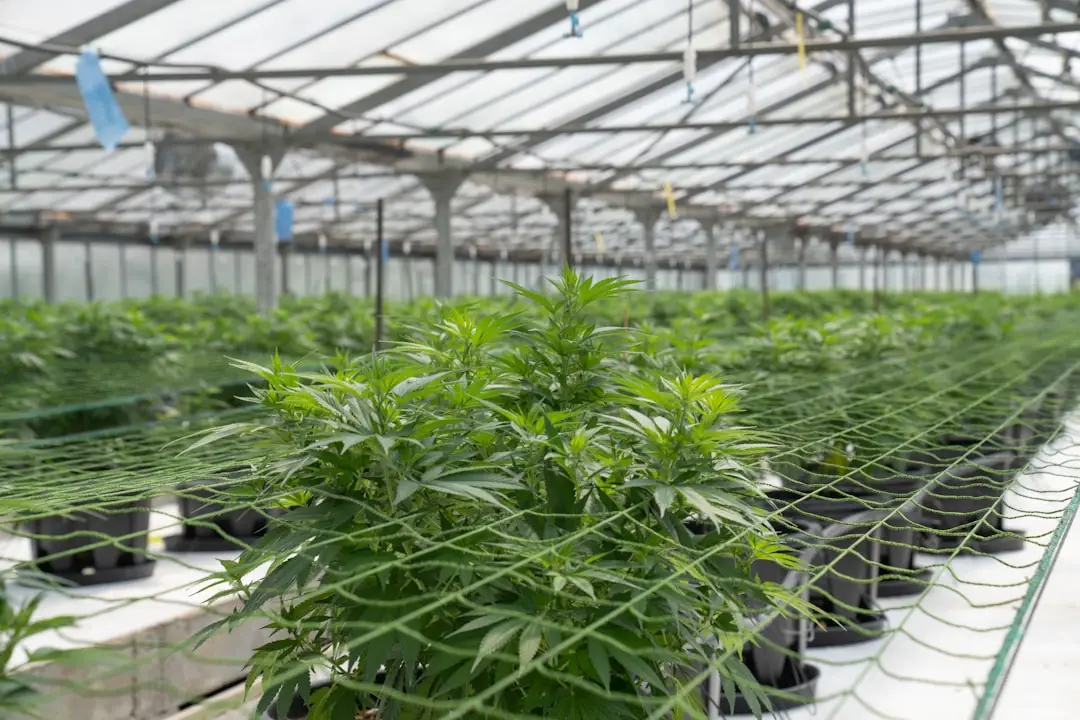
It helps things run smoothly, but doesn’t necessarily create a symphony on its own.
Some studies suggest CBD may even counteract some of the psychoactive effects of THC by modulating those same CB1 receptors.
I remember reading about one study (I can’t give you the exact reference off the top of my head, but I’ll find the link) that showed CBD could potentially reduce anxiety caused by THC.
This goes to show the complexity of these cannabinoids!
Here’s where it gets a little tricky. Many CBD products are derived from hemp, and by law, hemp products can contain up to 0.3% THC.
This is a very small amount. While it’s unlikely to induce any intoxicating effects on its own, some people are extremely sensitive.
Some people might find that a regular intake of CBD containing such minute traces of THC might, over time, result in them feeling a slight difference.
Others may experience this difference faster.
The form of CBD you use can also influence your experience. Let’s look at some common CBD product types:
I personally prefer CBD oil, as it offers a good balance of speed and duration.
However, the key is to start with a low dose and see how your body responds. Remember that everyone’s ECS is a little different!
Let me tell you a quick story. I tried CBD for a long time, and the whole point was to reduce my stress, and enhance my sleep quality.
I have always been a restless person and frequently dealt with anxiety before I fell asleep. I was recommended by a friend of mine to try CBD oil.
I was skeptical at first. Like, can CBD make you feel high? This was one of my major concerns.
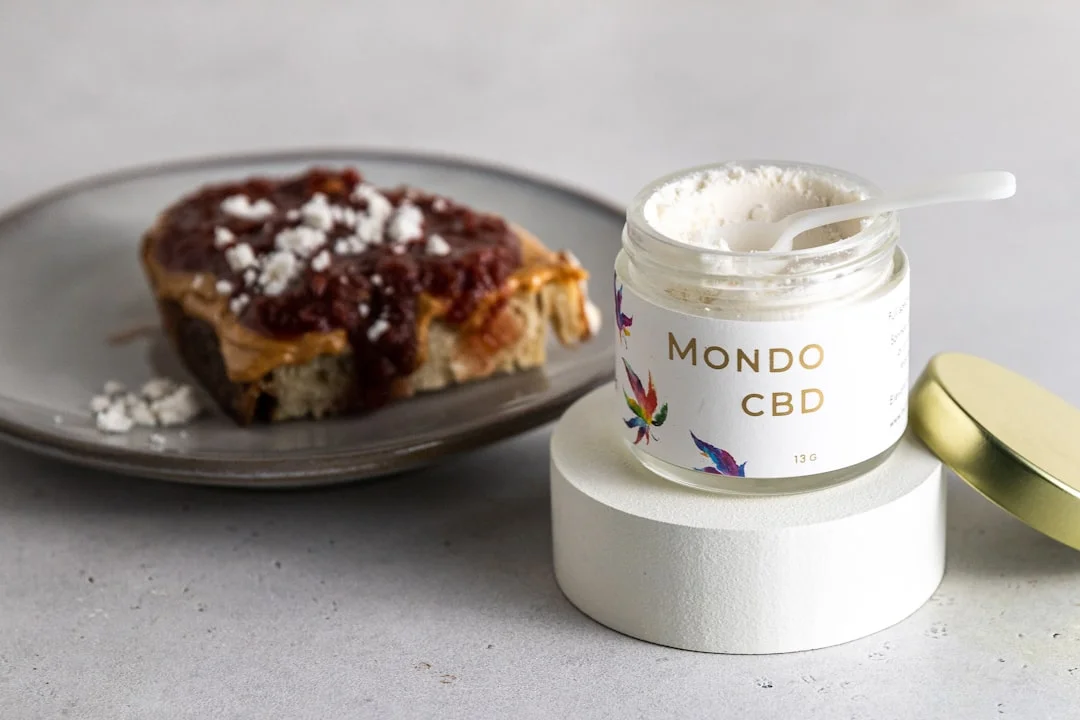
I started with a low dose of CBD oil every evening and gradually increased it. The biggest effect I experienced was a sense of calm.
I don’t recall feeling’high’in the slightest. My sleep improved, I felt less anxious throughout the day, and I was overall more relaxed.
The bottom line? My personal experience is that CBD didn’t make me feel high.
While CBD doesn’t typically make you feel high, it’s associated with a range of potential benefits.
These include stress and anxiety reduction, pain relief, and improved sleep.
But it’s essential to remember that the research is still evolving, and individual results can vary.
Some people experience no discernible effects at all.
There is evidence to suggest that CBD may have anti-inflammatory properties, which can be beneficial for various health conditions.
Additionally, it is being studied for its potential effects on neurological disorders. But again, take all of these claims with a grain of salt.
It’s all about managing expectations.
Here’s a practical checklist to help you navigate the world of CBD:
One of my favorite things about the CBD world is the lack of a one-size-fits-all answer.
Everyone is different, and what works for one person might not work for another. It really comes down to understanding your body and how it reacts.
So, can CBD make you feel high? The short answer is generally no. It lacks the psychoactive properties of THC.
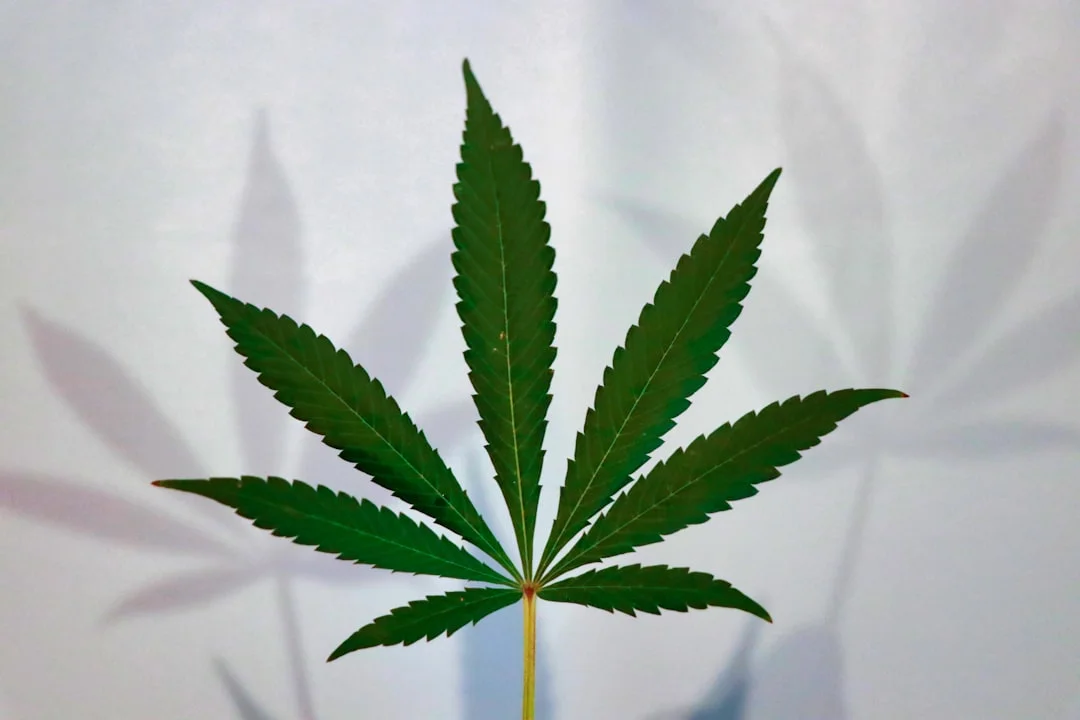
However, the experience can be subjective, and factors like product type, dosage, and individual sensitivity play a role.
There are many people who feel no tangible effects at all, or the effects are limited to a sense of relaxation and calm.
The world of CBD can be quite confusing, and my goal is to shed light on it so you can navigate it with confidence and a better understanding.
Remember to prioritize quality products, do your research, and consult with a healthcare professional if you have any questions or concerns. Until next time, stay healthy, and stay informed!
Frequently Asked Questions
Does the type of CBD product affect whether I might feel high?
Yes, definitely. The way CBD enters your system and the way it’s processed has an impact. For example, CBD vapes provide the fastest onset of effects, which might make the experience more noticeable for sensitive individuals, even if it’s not a traditional’high’.
Edibles, however, take longer to kick in because they have to be digested. CBD oil is generally well-tolerated. If you are worried about any possible psychoactive effects, you might want to avoid products with high THC contents.
If a CBD product contains a small amount of THC, can it make me feel high?
It’s possible, but it’s unlikely if the THC content is within legal limits (0.3% or less in the US). Even with such a small amount, it’s highly unlikely to produce a noticeable’high’for most people. However, individual sensitivity varies, and some people are more sensitive to THC than others.
In rare instances, a very sensitive person may feel the effect, and for those people, products that are specifically’THC-free’may be the better option. Additionally, frequent use of a low-THC product might accumulate over time, but this is rare and unlikely to cause a noticeable effect.
The best thing to do is to consult with your doctor if you’re particularly concerned.
Are there any side effects of using CBD, even if it doesn’t make me feel high?
While CBD is generally considered safe, it can cause some side effects in certain individuals. These may include drowsiness, changes in appetite, diarrhea, and interactions with certain medications. The incidence of such effects appears to be relatively low.
If you experience any adverse reactions, you should stop using the product immediately and consult with a healthcare professional. It’s always wise to discuss CBD use with your doctor, especially if you have existing health conditions or are taking other medications.
How do I choose a good-quality CBD product?
Quality is everything! Look for CBD products from reputable brands that offer third-party lab testing. These tests verify the product’s potency (how much CBD it actually contains) and ensure it’s free from contaminants like heavy metals and pesticides. Make sure the testing is recent.
Also, read the product label carefully to check the CBD concentration and ingredients. Choosing a reputable brand with transparent practices is absolutely crucial to ensure you’re getting a safe and effective product.
What should I do if I experience anxiety or paranoia after taking CBD?
Though rare, some people may experience increased anxiety or paranoia when using CBD. This is more likely to occur if the product contains THC, or if the individual has pre-existing anxiety or sensitivity to cannabinoids. If this happens, stop using the product immediately. Hydrate, rest, and try to remain calm.
In most cases, the effects will wear off within a few hours. If the symptoms are severe or persist, seek medical advice from your doctor. They can help determine the cause and offer appropriate guidance, potentially recommending a different product or dosage.

